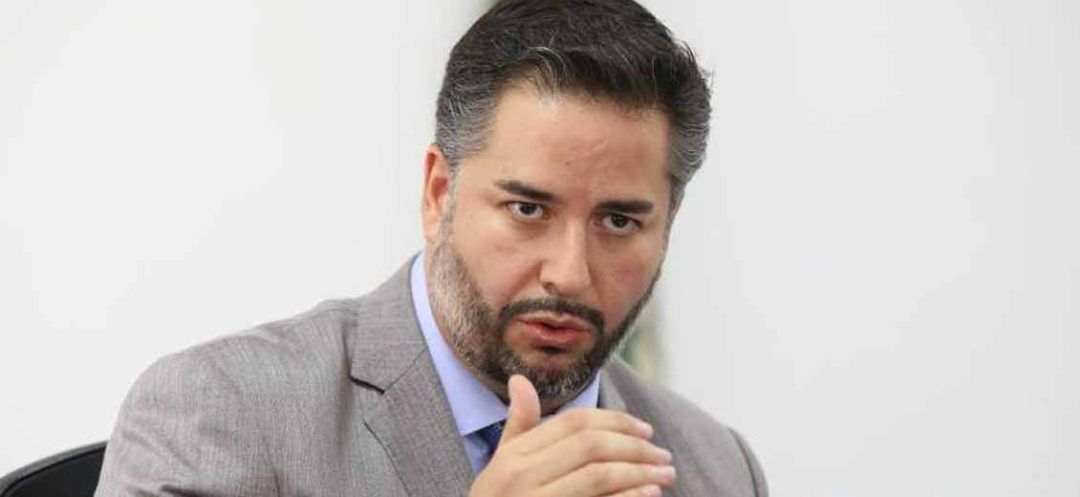
Caretaker Minister of Economy, Amin Salam revealed that Lebanon’s economic losses due to the war in southern Lebanon have reached 10 billion dollars, including 2.5 to 3 billion dollars in losses in the agricultural sector.
“The war currently taking place in Gaza and southern Lebanon is having a significant negative impact on the Lebanese economy, particularly on basic sectors such as tourism and agriculture,” he added in an interview with SkyNews in Washington, on the sidelines of the “Spring Meetings” organized by the International Monetary Fund and the World Bank.
Salam pointed out that Lebanon’s tourism revenues, which amounted to 7 billion dollars last year, have been severely damaged since the war outbreak, at a time when Lebanon desperately needs these foreign currency earnings.
Regarding the expected annual growth rate, he noted that the government was hoping for growth of between 2.5% and 3%, with basic support from the tourism and agricultural sectors. Due to the war, however, the country could fall into an economic recession.
On the sidelines of the meeting, Salam held talks with the World Bank’s Regional Executive Director for the Middle East, Abdel Aziz Ibrahim Al-Mulla, on the Lebanese economic situation, the evolution of World Bank loans to Lebanon, and their positive impact in terms of contributing to poverty reduction and supporting the neediest inhabitants of Lebanon.
The two men also discussed a new project to support the Lebanese economy. This involves financing economic development sectors, the most important of which are modern technology and renewable energies.
“The war currently taking place in Gaza and southern Lebanon is having a significant negative impact on the Lebanese economy, particularly on basic sectors such as tourism and agriculture,” he added in an interview with SkyNews in Washington, on the sidelines of the “Spring Meetings” organized by the International Monetary Fund and the World Bank.
Salam pointed out that Lebanon’s tourism revenues, which amounted to 7 billion dollars last year, have been severely damaged since the war outbreak, at a time when Lebanon desperately needs these foreign currency earnings.
Regarding the expected annual growth rate, he noted that the government was hoping for growth of between 2.5% and 3%, with basic support from the tourism and agricultural sectors. Due to the war, however, the country could fall into an economic recession.
On the sidelines of the meeting, Salam held talks with the World Bank’s Regional Executive Director for the Middle East, Abdel Aziz Ibrahim Al-Mulla, on the Lebanese economic situation, the evolution of World Bank loans to Lebanon, and their positive impact in terms of contributing to poverty reduction and supporting the neediest inhabitants of Lebanon.
The two men also discussed a new project to support the Lebanese economy. This involves financing economic development sectors, the most important of which are modern technology and renewable energies.
Read more



Comments